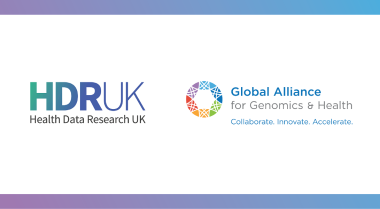Celebrating one year of DATAMIND: The health data hub for mental health
28 September 2022
The DATAMIND team share some of their highlights from the last year to mark the first anniversary of the official health data research Hub for mental health this month.
Mental health affects almost everyone at some point in their lives to varying degrees and is the biggest cause of ill-health for people living in the UK. Research to address the issues is constrained by several challenges and people living with mental health issues are less likely to take part in research and may also be actively excluded.
What is DATAMIND?
Funded by the Medical Research Council (MRC) and working in partnership with Health Data Research (HDR) UK, DATAMIND is the Mental Health Research Data Hub maximising the value of the UK’s rich mental health data assets by enabling co-ordinated research to improve people’s mental health care and services. Co-Directed by Principal investigator Professor Ann John and Professor Rob Stewart, the hub works in collaboration with partners across the four nations who offer a wealth of knowledge and experience. Collaboration between health services, educational institutions, and mental health charities has made it possible for the hub to collect anonymised data safely and securely from a variety of sources, including health records, clinical trials, genomics, longitudinal studies, and cohort data. This will improve the lives of those who are living with mental health issues and improve national information on mental health and healthcare.
We’ve made significant progress towards the project’s objectives by promoting and facilitating the discoverability and re-use of data for mental health research through our 4 core activity streams with key input from people with lived experience.
Here are some of our achievements from year one:
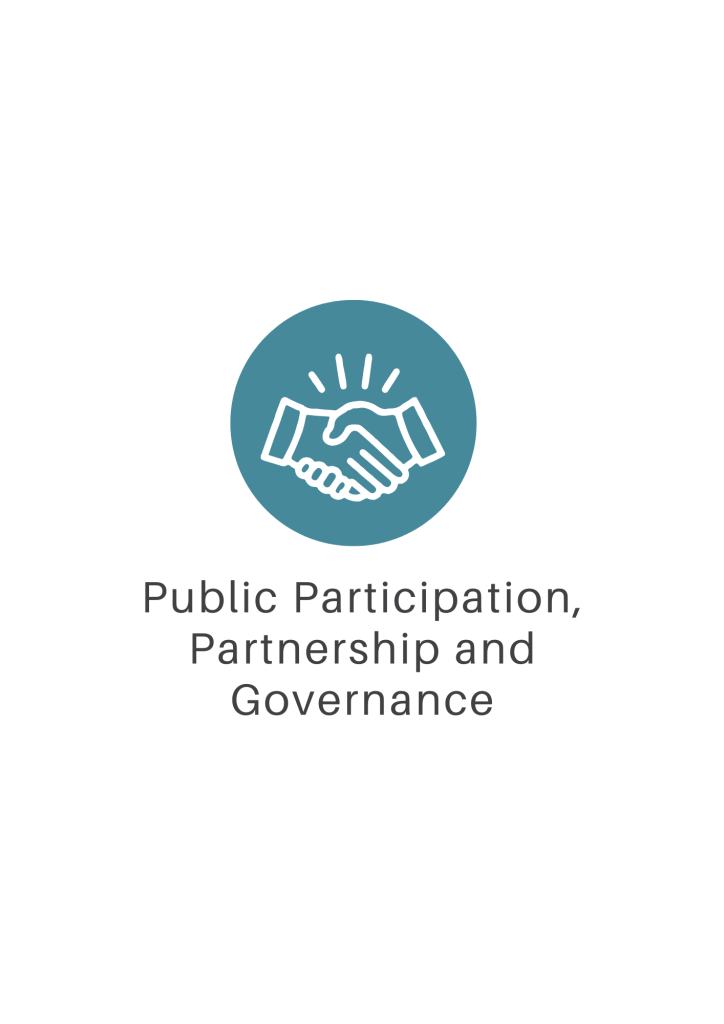 For our Patient and Public Involvement and Engagement (PPIE) core activity, we have recruited a PPIE lead, and a Research Advisory Group (RAG) with members from across the UK, who represent patients and the public in the leadership groups of the Hub and who liaise with PPIE networks across the country. RAG members are invaluable to the project and actively engage with and advise on the Hub’s work and are co-producing standards for aspects of mental health data use. In April 2022 we published a national study on the public’s wishes about the uses of NHS data, co-authored by members of a patient/public group.
For our Patient and Public Involvement and Engagement (PPIE) core activity, we have recruited a PPIE lead, and a Research Advisory Group (RAG) with members from across the UK, who represent patients and the public in the leadership groups of the Hub and who liaise with PPIE networks across the country. RAG members are invaluable to the project and actively engage with and advise on the Hub’s work and are co-producing standards for aspects of mental health data use. In April 2022 we published a national study on the public’s wishes about the uses of NHS data, co-authored by members of a patient/public group.
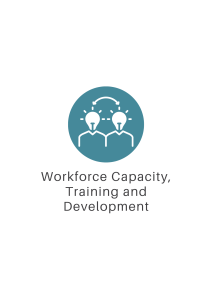 In our Workforce Capacity, Training and Development core activity, we’ve been working hard to create a UK-wide cohort of Early Career Researchers (ECR’s) in mental health & data science, identifying their training needs and responding to their priorities via a series of events and workshops.
In our Workforce Capacity, Training and Development core activity, we’ve been working hard to create a UK-wide cohort of Early Career Researchers (ECR’s) in mental health & data science, identifying their training needs and responding to their priorities via a series of events and workshops.
These have included:
- A multidisciplinary career pathway workshop to foster project collaboration;
- An interactive programming workshop with sessions on Python and R;
- A webinar on stakeholder engagement;
- Opportunities to showcase research at events;
- Opportunities to interact with peers and more senior academics in the field at virtual and in-person events.
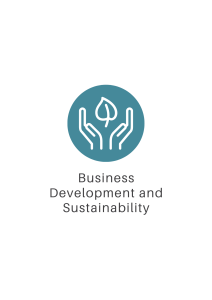
For our Business Development and Sustainability core activity, we’ve hosted two Industry Forums, bringing together researchers and industrial partners focussing on health technologies, wellness, and health analytics. The forums have been used to update partners on DATAMIND activities, gain a better understanding of partners’ concerns and service needs, and discuss opportunities for collaboration. The team have also presented their Business Development and Sustainability plan to the DATAMIND Research Advisory Group to gain public and patient insight into planned activities and to ensure we meet public expectations. This has also stimulated discussion on industry use of mental health data, from which we have begun drafting a report for publication. Finally, we have broadened our engagement with other academic organisations, agreed to share contacts and case studies with Accelerate, and have worked with other HDR UK hubs to improve our business development and sustainability plans.
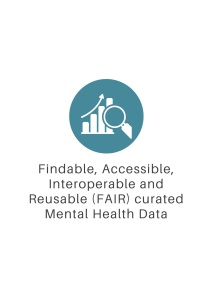 For our Findable, Accessible, Interoperable, & Reusable (FAIR) curated mental health data core activity, we have been active in promoting the discoverability and maximising the uptake of existing mental health measures. Our work has focused on expanding the Catalogue of Mental Health Measures, by adding more studies, routine sweeps, and Covid-19 sweeps, and enriching the information covered for each, such as including which topics of physical health were also collected as part of each. Moreover, we have onboarded studies featured in the Catalogue onto the HDR Innovation Gateway. Most recently, we partnered with the Wellcome Trust, MQ Mental Health Research, the Open Data Institute, and the Centre for Global Mental Health to undertake the landscaping of the world in search of existing longitudinal datasets with the potential to create a step-change in depression, anxiety, and psychosis.
For our Findable, Accessible, Interoperable, & Reusable (FAIR) curated mental health data core activity, we have been active in promoting the discoverability and maximising the uptake of existing mental health measures. Our work has focused on expanding the Catalogue of Mental Health Measures, by adding more studies, routine sweeps, and Covid-19 sweeps, and enriching the information covered for each, such as including which topics of physical health were also collected as part of each. Moreover, we have onboarded studies featured in the Catalogue onto the HDR Innovation Gateway. Most recently, we partnered with the Wellcome Trust, MQ Mental Health Research, the Open Data Institute, and the Centre for Global Mental Health to undertake the landscaping of the world in search of existing longitudinal datasets with the potential to create a step-change in depression, anxiety, and psychosis.
Looking to the future
Our collaboration across disciplines and stakeholders will continue into year two, driving innovation and building long lasting partnerships. We anticipate that by making data more available, people will better understand mental health issues and patterns will be recognised early, enabling practitioners, researchers, and policymakers to work with real-time information. Through all of this activity, the overriding goal is to elevate the voices of those most impacted by mental health issues.
Ahead of World Mental Health Day on 10th October, HDR UK is focusing on the important role that data can play in reducing mental health care inequalities.

